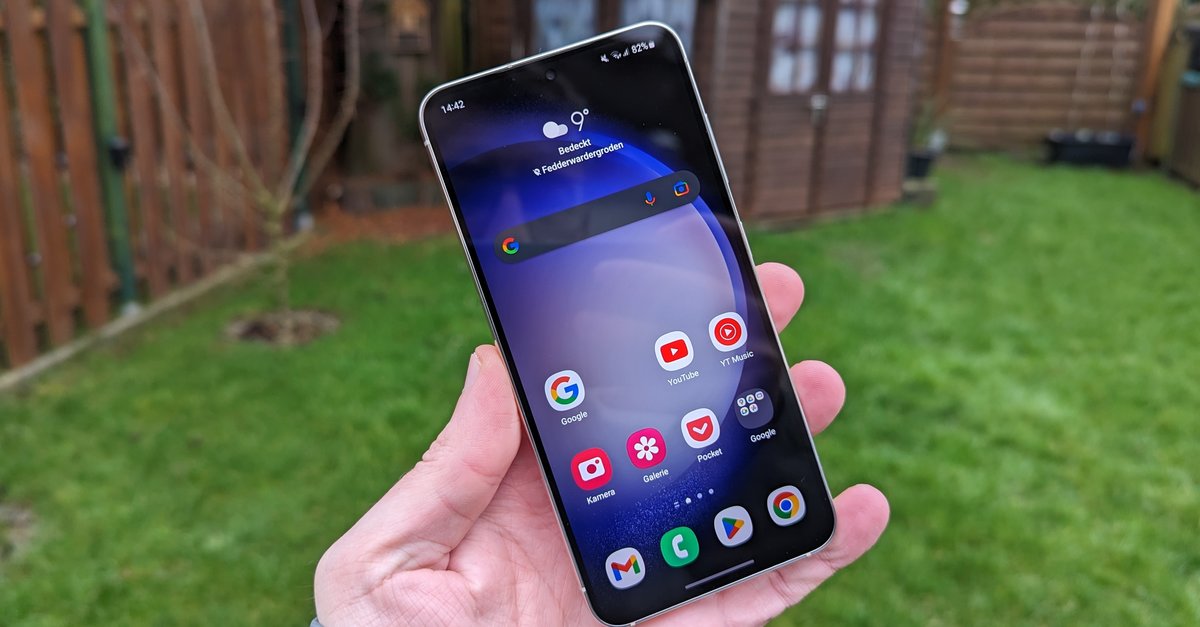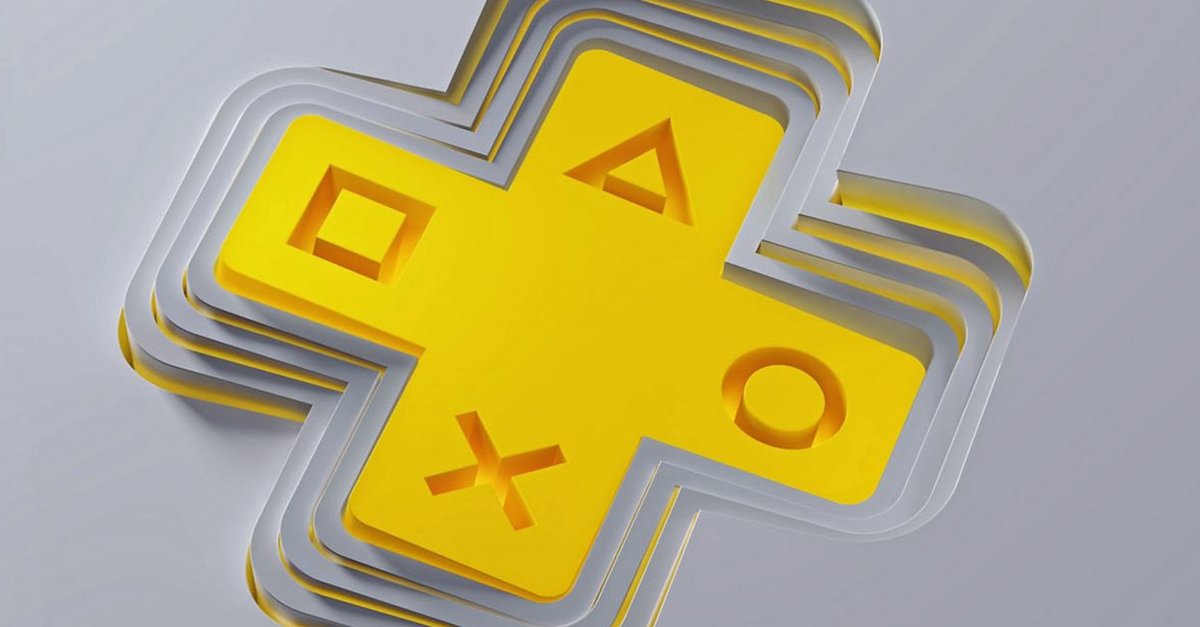Waste glass vases, miso soup and two startups with no deal
“My greatest concern is that we write great new stories in our society,” says new lion Janna Ensthaler in the intro of the second season episode of “Die Höhle der Löwen”, DHDL for short. The 38-year-old is an experienced series founder herself. She helped set up and sold three startups, including Glossybox. Carsten Maschmeyer welcomes the new lioness to the pack. “We’ll be very nice to you. Unless you want to snatch loot from us,” he jokes.
In the second episode of the new “Die Höhle der Löwen” season on April 10, new lion Ensthaler was able to book a deal straight away. We have the details of the five pitches. Yesterday’s full episode is here RTL+ to check.
Investor Janna Ensthaler (left) and Lisa Mathieu. (Image: RTL)
28-year-old founder Lisa Mathieu was the first to present her upcycling startup for sustainable interior design. The former recording manager lost her job in 2020 and spent a lot of time at home during the corona pandemic. When she couldn’t find what she was looking for new home decorations made from sustainable materials, she came up with the idea for The Way Up.
The Way Up makes tables and vases from recycled materials. “If you throw your empty wine or oil bottle in the glass container, it is possible that part of it will be used to manufacture our products,” explains Mathieu to the Löwen jury.
A table made from old wood (e.g. from a former gymnasium floor) costs around 1,500 euros, and a vase made from old glass is available from 9.90 euros. In the first financial year, Mathieu is said to have already made a turnover of 208,000 euros, partly through a cooperation with Tchibo.
The founder wants this deal: 100,000 euros for 15 percent of the company shares.
Deal? “Great pitch with a great story,” says Ralf Dümmel. “You’re a machine, really.” Together with Ensthaler he offers 100,000 for 30 percent of the company shares. Dagmar Wöhrl offers 100,000 for 20 percent.
Maschmeyer and new lion Tilmann Schulz criticize that not the entire table is made of recycled materials. Both do not offer. After a phone call with her boyfriend, Mathieu decides in favor of the duo Ensthaler / Dümmel – in a renegotiation, Mathieu can improve the deal to 100,000 euros for 26 percent of the shares.
Editor’s Recommendations
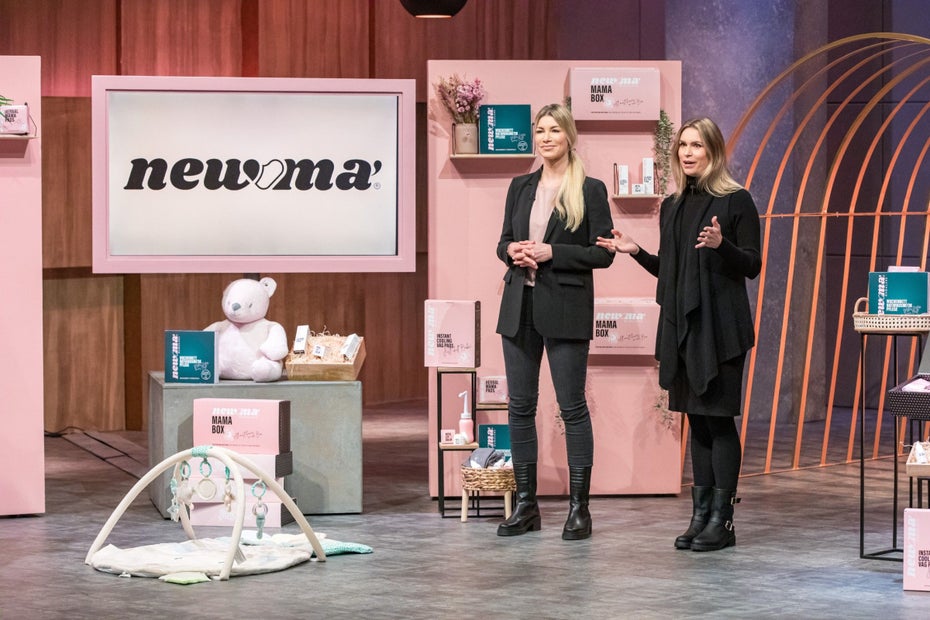
Cornelia Dingedorf (left) and Jaqueline Leuer-Hingsen from Newma. (Image: RTL)
Also the startup Newma by Cornelia Dingedorf and Jacqueline Leuer-Hingsen, or “Conny and Jacky”, as they introduce themselves, was created during the Corona period. The two founders are not only entrepreneurs, but also mothers. “In Germany, 750,000 babies are born every year. Most of them vaginally. Eight out of ten women suffer birth injuries,” says the pitch of the founders from Düsseldorf. After giving birth, many women “just feel pain”.
It is precisely these new mothers that Newma wants to help with its products for the postpartum period. The Newma box contains seven products, including the natural cosmetics bandage foam and an “instant cooling vag pad” that can be used directly. Women should feel better quickly and be able to heal birth injuries more quickly.
The founders want this deal: 185,000 euros for 20 percent of the company shares.
Deal? There is no deal for Newma. “The Brand Newma is fantastic,” says Ensthaler, who herself is a mother of two children – and is currently pregnant again, as she was on March 8th announced on Instagram. “From a purely economic point of view, the products are thankless,” she says, because you lose the newly won customers after just a few days. She therefore does not want to invest with the current range of products. Through her own company Glossybox, Ensthaler knows the boxing business very well.
The other four lions could not be convinced by Newma either. “Competition in the hygiene sector is brutal,” says Schulz. Dümmel explains that he cannot invest because he already has a similar startup in his portfolio.
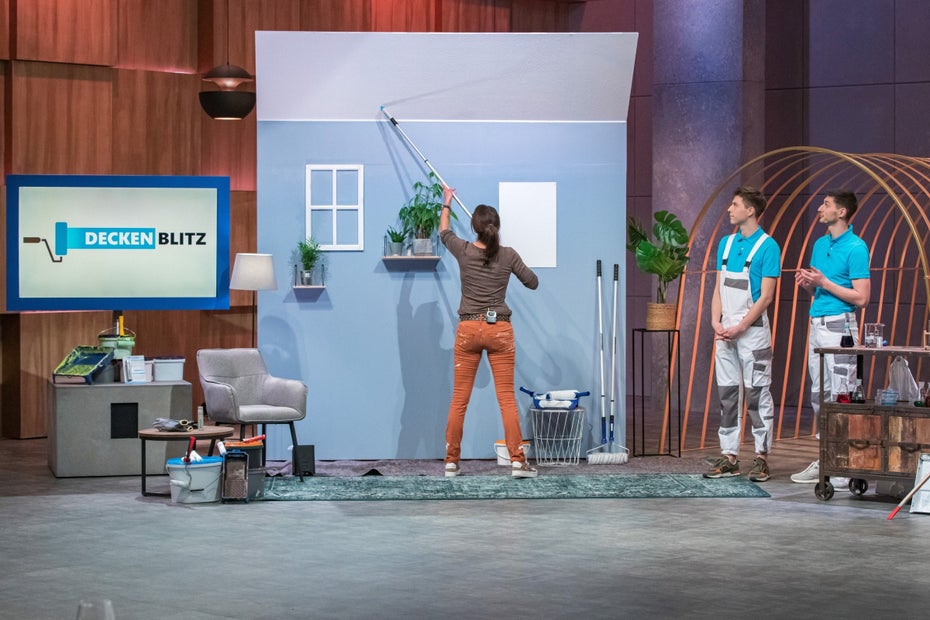
Simon (left) and Robin Biener with their mother Petra. (Image: RTL)
Working with tools is in the blood of the two founders, Simon and Robin Biener. The two brothers were already passionate tinkerers as children and more or less grew up in their father’s workshop. your own project ceiling flash they started in 2021. Their product: a special marking pen for “flat painting while standing”, in short: ceilings. Cost: 7.90 euros (RRP).
The ceiling flash can simply be attached to a telescopic rod. So you should be able to paint an auxiliary grid on the ceiling, which should help you to paint evenly. When swiped over, the markings disappear “as if by magic”. The result – ideally – perfectly spotless walls and ceilings.
The founders want this deal: 50,000 euros for 25.1 percent of the company shares.
Deal? In the end there are many sympathy points for the young founders but only one offer. “You’re awesome,” says Nils Glagau. “But I don’t think your product is that great.” Ralf Dümmel offers 50,000 euros for 30 percent. Accept the founders.
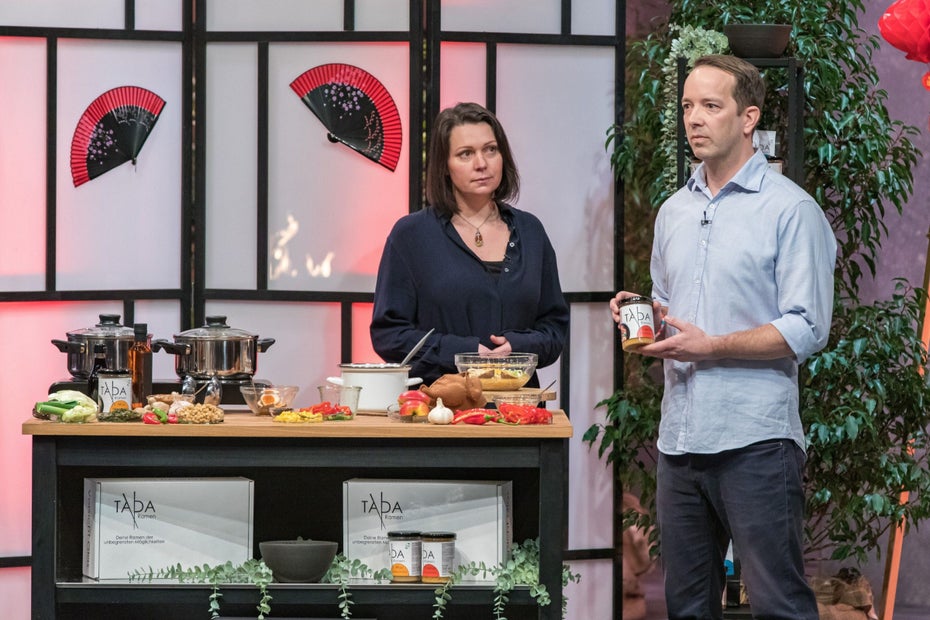
With “Tada Ramen”, Jessica and Matthias Bruckhoff present ready-made ramen from the glass. (Image: RTL)
Jessica and Matthias Bruckhoff have with their startup Tada Ramen developed a Japanese instant soup in a jar “with which everyone can take a piece of Japan home”. The two 41-year-olds are a couple not only professionally, but also privately. Her wish: a deal from Tillman Schulz.
So far, the Tada ramen soups have come in two variants: a vegan miso ramen soup and the “Tantan” ramen soup based on chicken broth. The noodles are offered individually. A glass of soup costs 3.99 euros, a four-pack of pasta costs 1.99 euros.
Founders want this deal: 120,000 euros for 20 percent of the company shares.
Deal? In terms of taste, the lions are immediately enthusiastic about the ramen soups of the founding couple. Nevertheless, Maschmeyer, Wöhrl and Schulz, the wish lion, do not invest. Maschmeyer says he never invests in food unless there’s something really unique about it. The others lack the added value compared to the competition.
There are offers from Dümmel and Glagau: Both offer 120,000 euros for 25 percent of the company shares. After a brief consultation, the two decide on the deal with Nils Glagau.
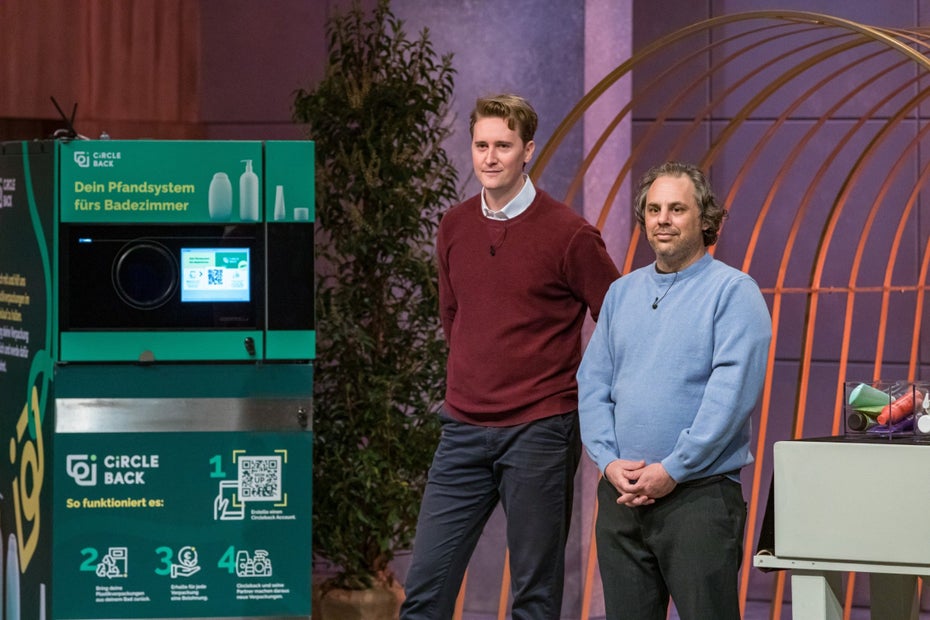
Brett Dickey (right) and Kimani Michalke present “Circleback”, a deposit system for FMCG packaging. (Image: RTL)
Brett Dickey and Kimani Michalke have their startup circle back established in 2021. “We want to give every packaging a new life,” says Michalke. In Germany we are good at recycling glass and paper. It’s different with plastic: according to the founders, only about a third of old plastic has been recycled so far. The founders want to change that.
Circle Back is a deposit system for packaging, such as empty plastic shampoo bottles. You should be able to return your empty packaging to a specially designed machine in the drugstore or supermarket, from where it will be recycled. You then receive the acquired credit transferred to your account via an app. So far, the young company has not made any sales. A test phase with three markets will soon start in Berlin.
The founders want this deal: 600,000 euros for 8 percent of the company shares.
Deal? Circle Back does not get a deal from the lions. Although they welcome a sustainability project on their stage, they consider the project to be very risky because the startup has not yet been able to present any sales or experience. Maschmeyer also makes the lack of expertise of the two founders an issue. “You guys are dazzlers for me,” he says.
Judith Williams adds that there is currently a lot of movement in the market, which calls into question the need for the entire project. “You can completely do without plastic,” says Williams. Many tubes are already made of cane sugar or are designed as “solids” that can be easily packed in recyclable paper, such as solid shampoo.
